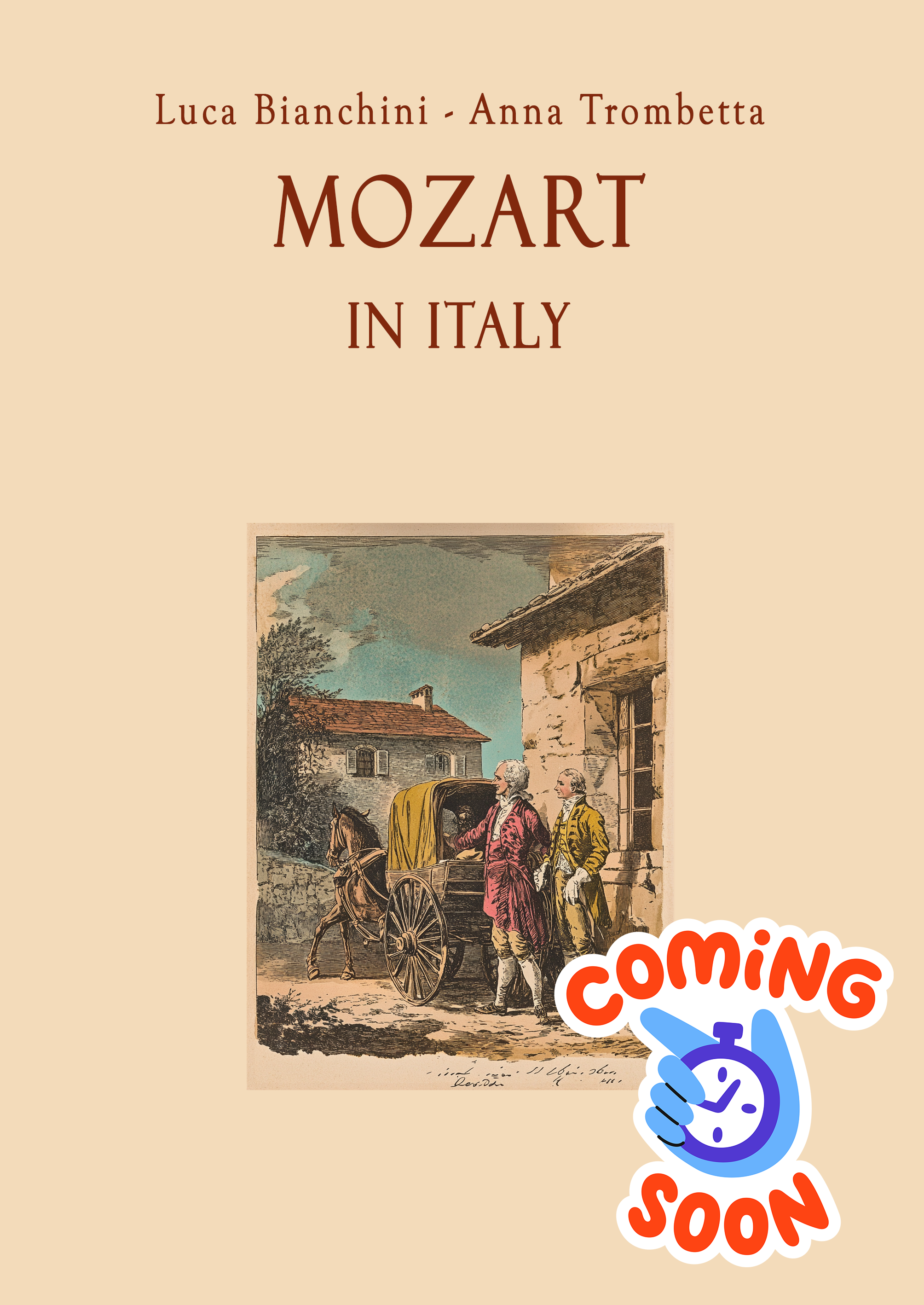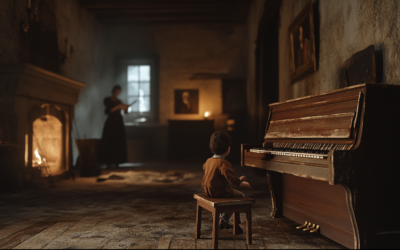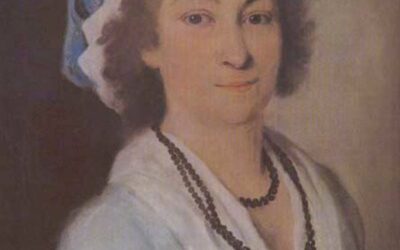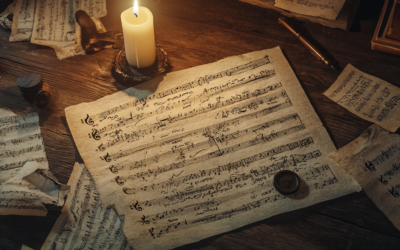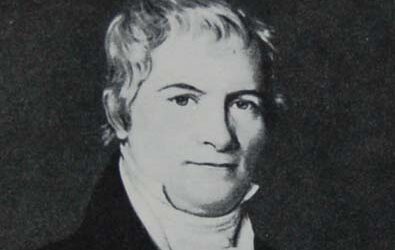A Modern Premiere
Quirino Gasparini’s Music Performed for the First Time
For the first time in modern history, Quirino Gasparini’s music has been performed. This concert, featuring arias from Mitridate and Beethoven’s Seventh Symphony, was conducted by Maestro Leonardo Muzii, with soprano Anastasiia Petrova.
Mozart in Italy
This book uncovers how Leopold Mozart ruthlessly controlled his son’s early career, focusing on how Mozart’s operatic successes were mere reproductions of existing works, especially the heavy borrowing from Quirino Gasparini.
It offers a unique look at their Italian travels, using original manuscripts and documents.
The online expansion includes rare audio, video, and manuscript access.
"Gasparini’s music, long overshadowed, takes its rightful place in the spotlight, revealing the true depth of his influence on Mozart."
@MozartrazoM
For the first time in modern history, the music of Quirino Gasparini, the composer whose works Mozart famously copied, has been performed. This extraordinary rediscovery is the result of the diligent musicological work of Luca Bianchini and Anna Trombetta, who have painstakingly revised and transcribed these forgotten compositions.
Conducted by Maestro Leonardo Muzii, the concert featured soprano Anastasiia Petrova, who performed arias from Mitridate by both Gasparini and Mozart, alongside Beethoven’s Seventh Symphony. The concert marked a pivotal moment in classical music, as Gasparini’s music returned to the stage, offering a new perspective on the history of 18th-century music.
This event is a must-see for lovers of classical music, revealing the influence that Gasparini had on Mozart and shining a light on a composer whose contributions have long been overshadowed.
You May Also Like
The Myth of Mozart’s Childhood
Mozart’s childhood is often romanticised, but behind the myth lies a more complex reality. This post explores the hidden dynamics within his family, questioning the traditional narrative of Mozart's early years and shedding light on the forgotten role of his sister,...
Bohemia or Moravia: Reconfiguring Music History
Why does music history insist on an Austrian narrative, when the contributions of other nations are just as crucial?
The True Caregiver: A Closer Look at Mozart’s Final Days
Who truly cared for Mozart in his final days: his wife Constanze or his sister-in-law Sophie? The True Caregiver unravels this age-old mystery, challenging our perceptions and shedding light on the figures closest to the composer in his last hours.
The Mysterious Origins of Mozart’s K.115
The story of Mozart’s Mass K.115 is one of myth and mistaken identity, pointing not to Wolfgang’s genius but rather to his father Leopold’s hidden influence.
Unveiling the Truth: Mozart in Paris
Unveiling the often-overlooked reality of Mozart’s time in Paris reveals a story of manipulation and deception, far removed from the glorified narratives crafted by his father, Leopold.
The Questionable Legacy of Niemetschek’s Biography
Leopold Mozart’s life was a whirlwind of ambition, deceit, and disappointment—a stark portrait of a man chasing success at any cost.

